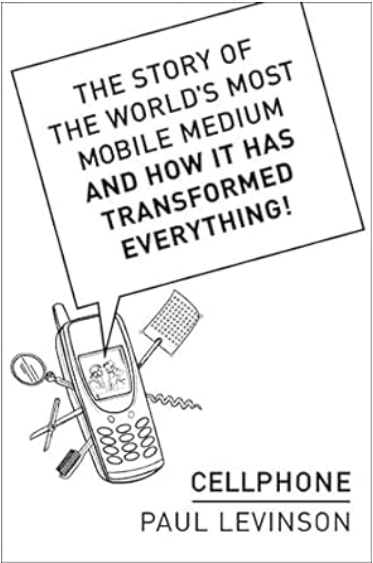A number of titles have come in, from the usual used and remaindered sources. Let’s have a look, and capture the theme and reasons why I got them.
24/7, Jonathan Crary (2013)

We’ve mentioned this a few times before, most notably in the “Cult of No-Sleep” in Issue 7 of the Implausibility Newsletter back in February, but I didn’t have a hardcopy in hand. So when this showed up as a deal, I had to grab a copy. It’s an insightful book; we’ll do a few review here soon.
The Devil in the White City, Erik Larson, (2003)

A historical non-fiction look at the Chicago World’s Fair, intertwined with the account of a serial killer during the Gilded Age. I grabbed this due to a recent mention of it somewhere (I’ll blame BlueSky), and I’m curious to how it reads, even though I’m not really enthused to read serial killer fiction. To be honest, this might site on the TBR pile for a while…
It’s Complicated, danah boyd (2014)

boyd’s work looks at the intersection of youth and online spaces, and this work is a more recent summary of the some of her earlier work, arguing that youth actually do find meaningful interactions online (contra to a lot of the doomer narratives that are presented in mass media), and are using the tools in ways that suit their needs. As the title suggests though, there’s a lot more nuance to the topic than is largely thought. Looking forward to reading this.
American Cosmic, D.W. Pasulka, (2019)

This remaindered title looked interesting, an ethnographic study with those who believe in extraterrestrial intelligence, and how it is more mainstream of a belief that commonly suspected, and how media like the X-Files drives the spread and normalizes the assumptions. This ticks a lot of boxes for me, so I’m interested in checking it out.
Robot Proof, Joseph Aoun, (2018)

Written prior to the explosion in AI-related work in academia since the public introduction of ChatGPT and other LLMs, this book anticipates the coming changes to academia with the automation of education, and proposes where educators can focus their time and energy to ensure the students are prepared for what that future world looks like. I’m curious how much this overlaps with the elements of echanger we’ve already discussed.
Battlestar Galactica and Philosophy, Steiff and Tamplin, eds., (2008)

A rather lengthy anthology of articles on the theme of BSG and Philosophy. (There was a bunch of [Blank] and Phil books in the early 2000s, as I guess it sold books.) With the renewed focus on agentive robots and the push towards AGI by a number of companies, this showing up in the pile for $5 had a bit of serendipity to it, and I think it’s well worth another look.
Computing and Technology Ethics, Swiatek, Burton, Goldsmith, Mattei, Siler, eds., (2023)

Created as a textbook for a college class, this looks at key questions in ethics for a computer science class, and uses excerpts from several sci-fi stories to unpack them. I got it mostly for this last reason, as we’ve done similar things with the podcast and in our academic career, though not on this specific subject. Looking forward to a full read of this.
and Careless People, Sarah Wynn-Williams, (2025).

When I heard that promotion of this book was being suppressed by Meta, I figured it was worth grabbing a copy in case it eventually became harder to get. A memoir about the behind-the-scenes operations of Facebook in the pre-Meta era, this ended up being a collection of anecdotes and scenes that covered the authors time at the company. I was somewhat disappointed in it, as much I didn’t find anything really “new” or revealing, and spending that much time with the background of awful people wasn’t necessarily endearing either.
As always, as we get through them we’ll share the full review or notes about them in future posts.

